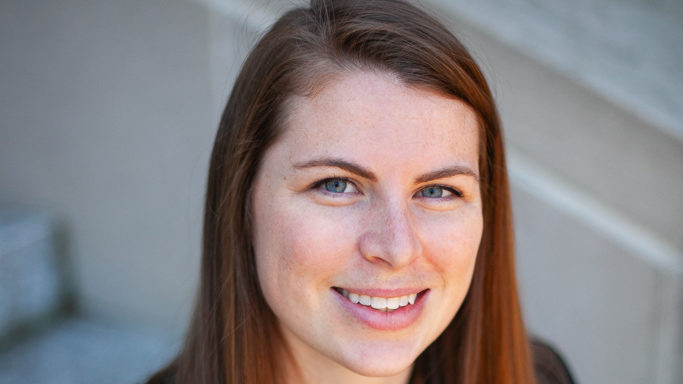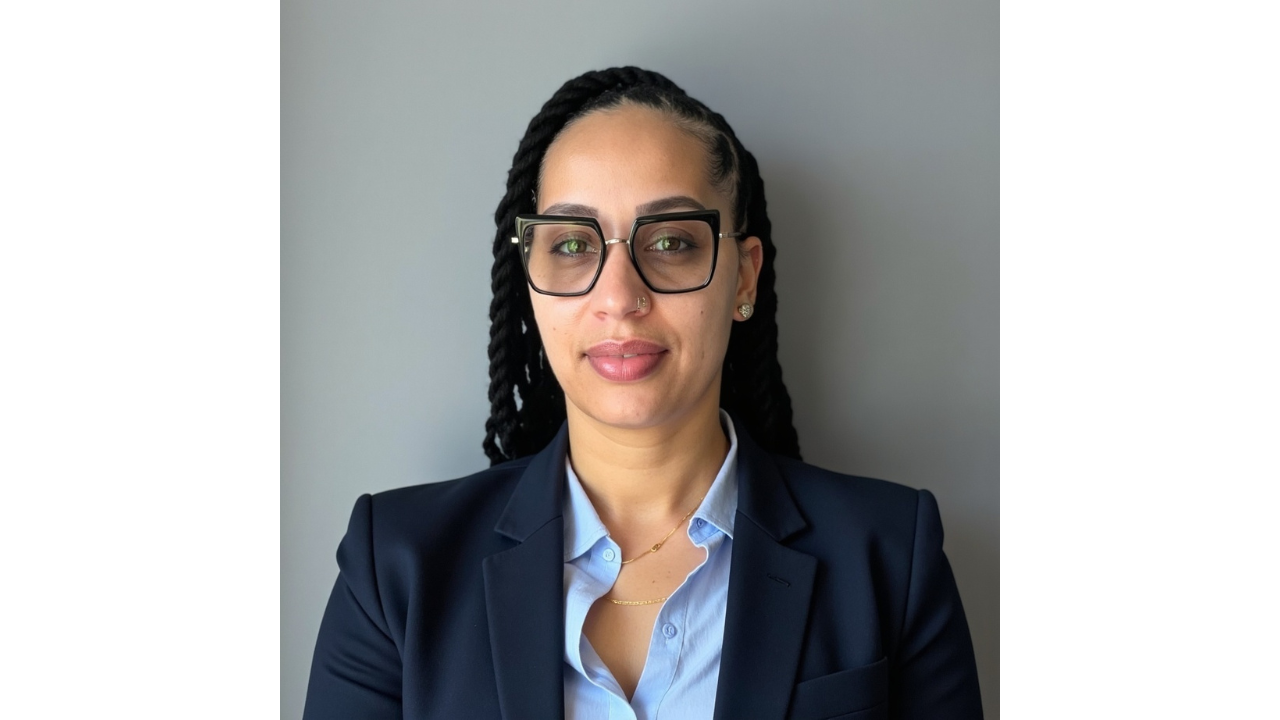Nikki Hensley

Nikki Hensley, BSC Associate
Current Role: Researcher in Sustainability and Data Analytics for the Bio-based Economy.
Hometown: Columbus, Ohio
Previous degrees: BS Sustainable Materials and Technology. NC State Jenkins MBA Supply Chain Management.
Areas of Interest in Sustainability: Sustainability and optimization within the manufacturing processes, growing business from consumer demand for sustainability, and making sustainable solutions affordable.
What does business sustainability mean to you? What do you think sustainability should mean to businesses?
Sustainability to me in the same as the triple bottom line and the need to strike a balance between people, profits and planet. I think this should be the same for business. All of these factors need to be considered to be to have long-term success.
What sustainability challenge would you most like to solve?
The challenges I would most like to solve are consumer packaging and qualifying the business value of sustainability.
Who do you admire for championing positive change through business?
Indra Nooyi, the former CEO of PepsiCo is an incredible example of a change champion who radiated sustainable change as a priority from top-down.
Moving forward, how do you plan to use business as a force for good?
To use business as a force for good, I plan to be a change champion and show my team member that doing things differently can be a good thing and can help be competitive in the long run. I hope that my model will move throughout other teams. I also hope that I have the ability to quantify the business case to show why sustainable improvements can be profitable.
What do you think are some challenges with sustainable businesses or becoming a sustainable business?
Becoming a sustainable business is challenging for two main reasons. First, there is a large learning curve when change occurs, especially within larger companies and towards sustainability, something that most of the workforce is not trained for. Second, companies often associated sustainability movements with cost. Businesses infrequently will pursue projects that do not have clear profitable outcomes.
What’s your advice for fellow students who might be interested in sustainability, but don’t know where to start?
For those looking to learn more about sustainability, start small. Listen to a few podcasts about sustainable business, sustainable business leaders, or reducing your own impact. Find out what components of sustainability you are interested in and dive deeper into one area, there is a lot of opportunities for improvement!
- Categories:


